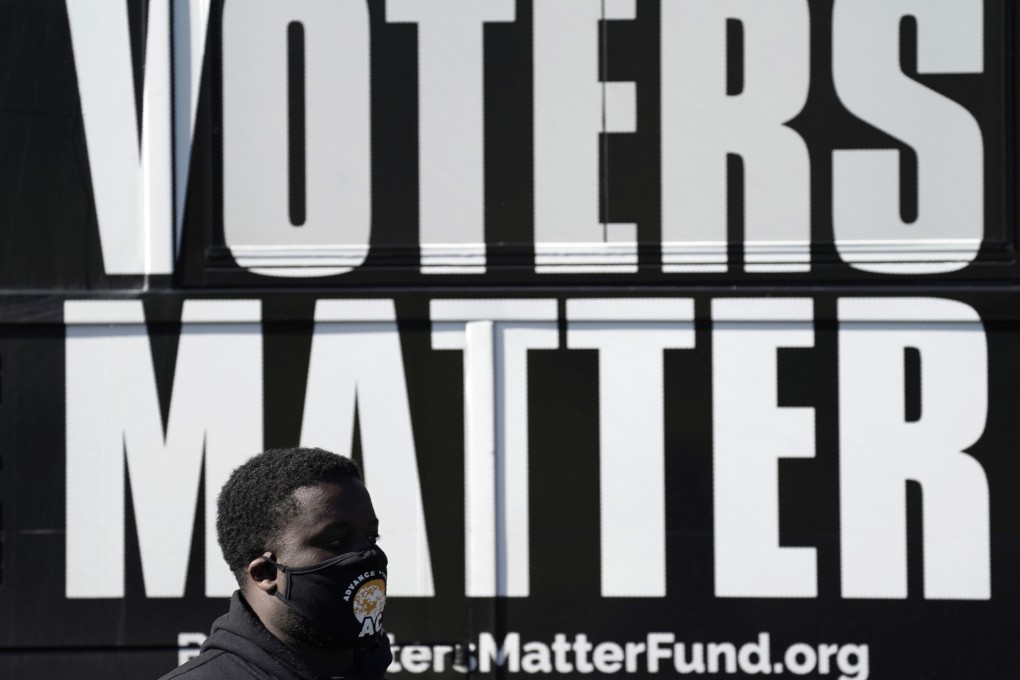The View | Global markets bracing for a 2024 full of potentially volatile elections
- Elections in India, Indonesia, Taiwan, the US and elsewhere have the potential to reshape global markets depending on who emerges victorious
- Local asset markets could be more volatile ahead of the votes and perform more constructively once there is higher certainty about the future policy outlook

Local asset markets could be more volatile ahead of the votes and perform more constructively once there is higher certainty about the future policy outlook.
Of course, market reaction could show greater caution if there is a hung parliament, a fragile coalition or a new government that is perceived to be less business-friendly. When assessing the market performance around an election, we need to take into account the prevailing economic climate and monetary policy.
Although some of the current candidates have policy track records that can help mitigate uncertainty for investors, we might not see a sustainable solution to the fiscal deficit challenge. This could potentially raise market expectations for government bond yields in the long run because of ongoing strong supply and potential inflationary effects.
During the campaign, Republican and Democratic candidates could offer different policy priorities that could effect specific sectors or industries. A Republican candidate could be more inclined to keep corporate taxes low. They might also opt to be less hands-on regarding regulation, especially on the healthcare sector, financial industry and fossil fuels.
